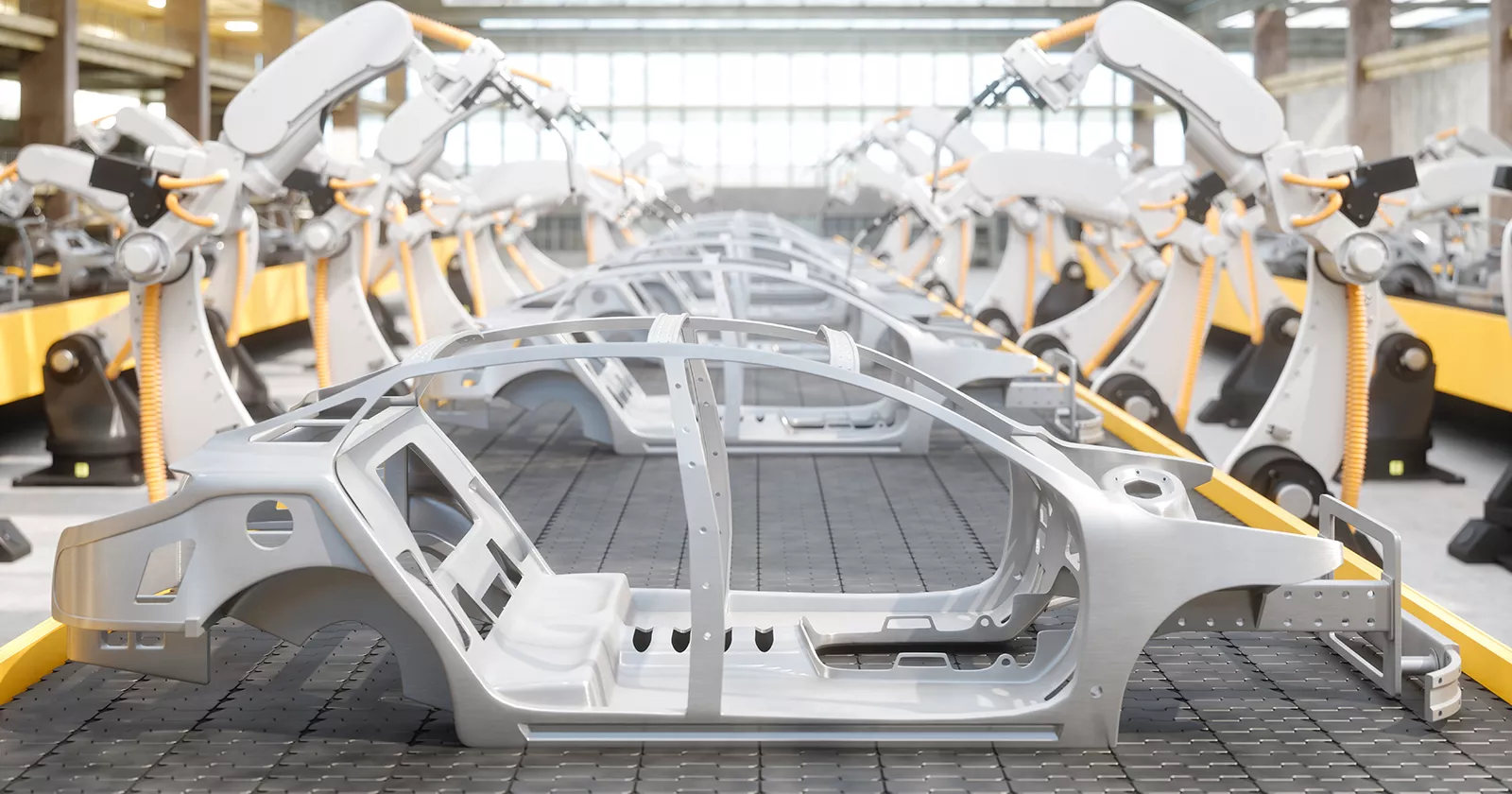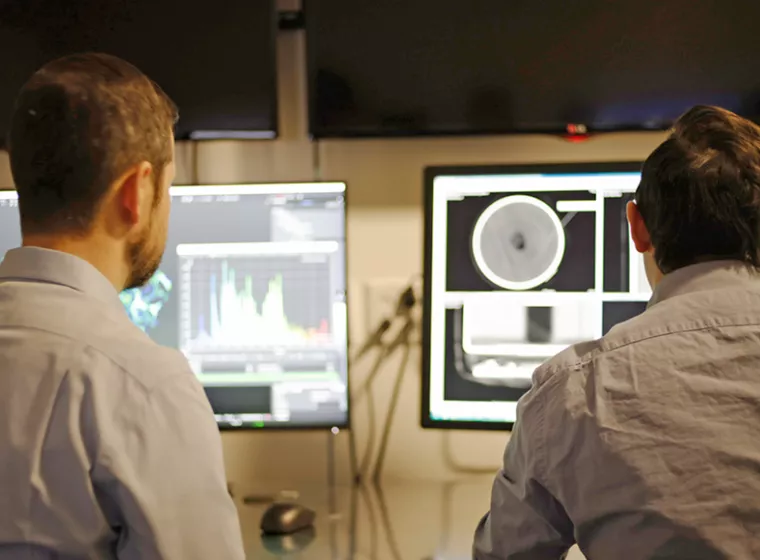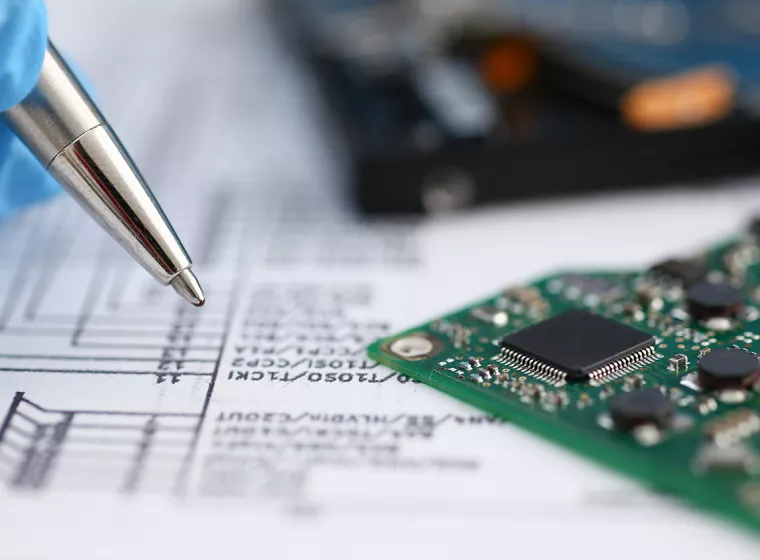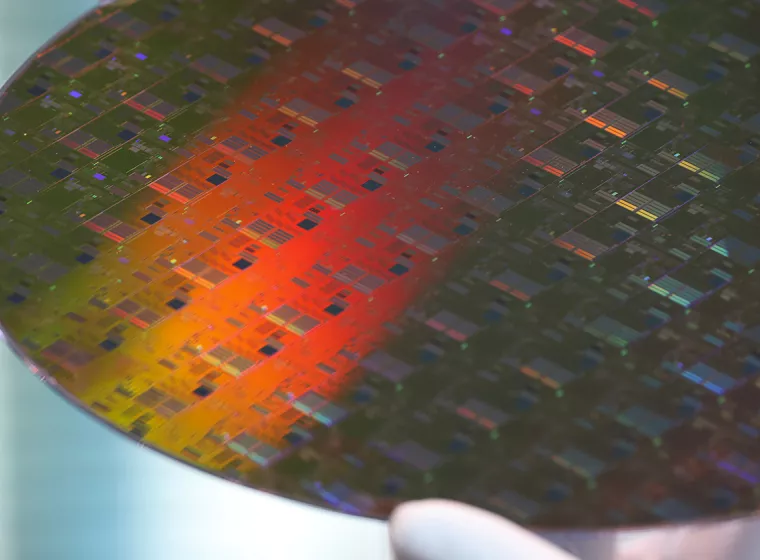
How can you design and optimize effective vehicle electronics and electrical systems?
Exponent's vehicle electronics group has vast experience in electrical and electronics systems, including powertrain, body, chassis, safety, entertainment, and engine control system hardware and software. Our team is well versed in the failure modes of high-duty cycle sensors and actuators, both inert and detrimental effects of electromagnetic interference, and relevant mitigation methods.
To optimize product design, validation, and life-testing processes for vehicle electronic systems, we have carried out proof-of-concept projects for several clients and can explore factors not previously understood or considered during initial product design and development. This work aligns well with Exponent's failure and fault analysis methods for proactively reviewing the designs of vehicle systems.
As a result of our rich history in failure analysis, we can conduct in-depth design reviews, enabling our clients to evaluate advanced systems.
services
For 50+ years, we’ve thrived on solving unstructured problems that require bespoke solutions. Some of our services include:
• Vehicle wiring and circuits
• Starting and charging systems
• Batteries
• Actuators, motors, switches, and indicators
• Internal combustion and hybrid engine management systems
• Instrumentation
• Power mirrors and windows
• Automatic headlamp aiming
• Heads-up display
• Electric assist power steering
• Seat heating systems
• Wireless tire pressure monitoring
• Electronic suspension control
• Antilock brake systems
• Electronic stability control
• Traction control
• Electronic throttle control
• Electric brake systems
• Passive seat belt systems
• Mobile communication systems
• Front and side multistage supplemental restraint systems
Exponent has extensive experience working with vehicle electronic and electrical systems.
System Experience
Powertrain control systems
Body control systems
Braking control systems
Engine control systems
Chassis control systems
Safety systems
Entertainment systems
Vehicle power and battery systems
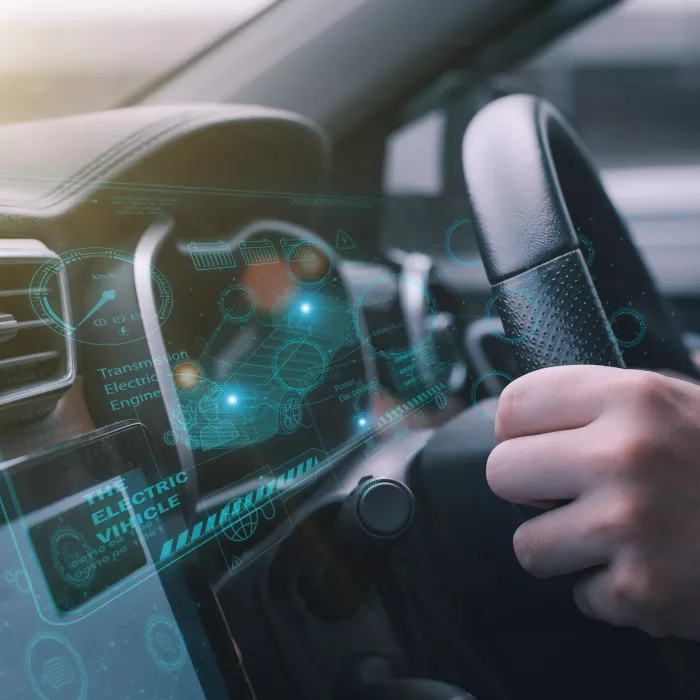
Innovative Testing for Increasing Automation
Advanced Driver Assistance Systems (ADAS) have the potential to transform road safety — but only if the technologies that power them are accepted by drivers and confirmed safe, too. Exponent is actively developing the testing strategies needed to realize vehicle innovation.
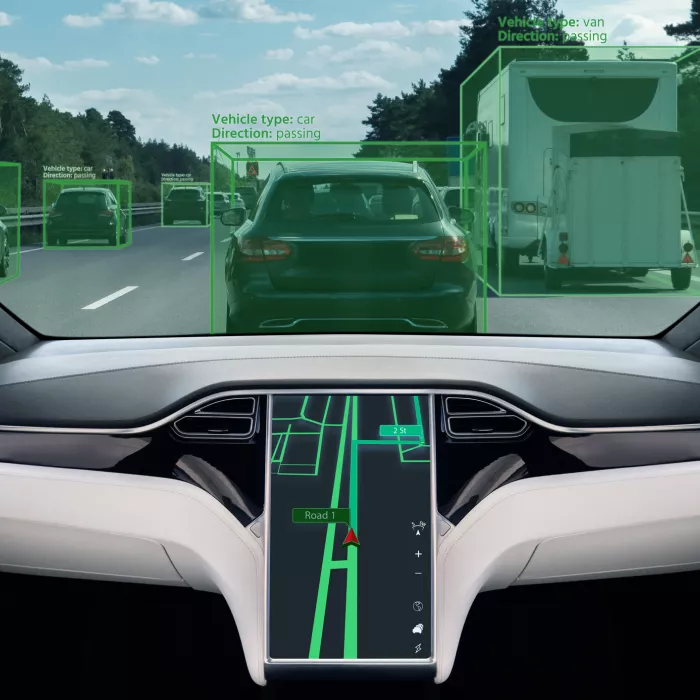
AV Incident Response & Prevention
Autonomous vehicles are rolling out in markets across the world, bringing new ways of experiencing transportation, as well as first-of-their-kind challenges and risks. Exponent's multidisciplinary engineers and scientists are at the forefront of AV incident response in a fast-evolving market segment, supporting clients through our holistic approach that accounts for the entire transportation infrastructure — vehicles, drivers, and the environment.
Our Capabilities Are Unparalleled
With expertise in over 90 disciplines and hundreds of capabilities, tools, and methodologies — we get to the root of even the most complex challenges and give you the objective answers you need.
Experts
Our global and comprehensive expertise across industries gives us a deep understanding of current challenges, best industry practices, and the implications of emerging technologies.

Corporate Vice President, Practice/Office Director and Principal

Office Director and Principal Engineer






Insights

